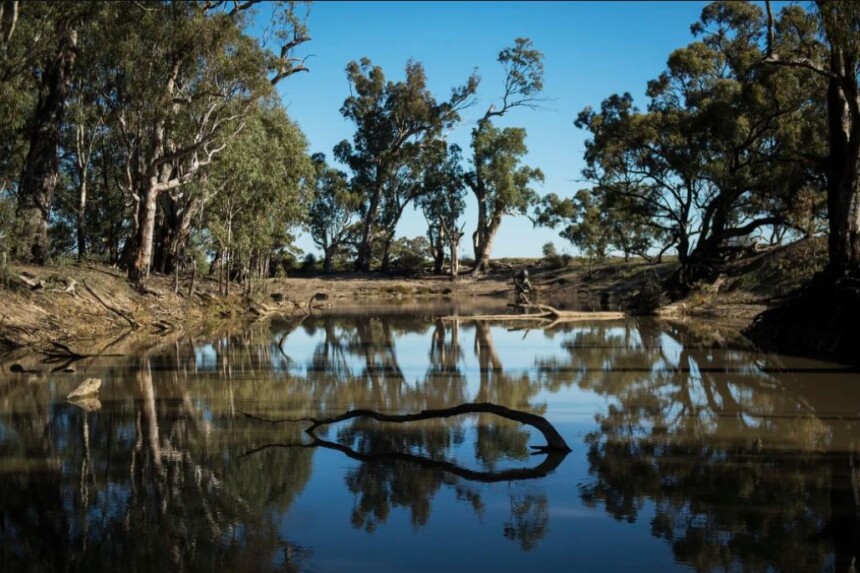Irrigators pushed for NSW ‘primacy’ over basin plan, more water access

NSW’s main irrigator lobby group pressed the Berejiklian government to place the state’s water plans above the federal law and sought to tap water earmarked for the environment.
The demands are detailed in a letter obtained by the Herald and The Age the NSW Irrigators Council (NSWIC) sent to the state’s senior water bureaucrat in April.
At the time, the government was putting final touches to new water sharing plans it has since submitted to the Murray-Darling Basin Authority for accreditation.
The irrigators sought the insertion of words that would “confirm primacy” of the plans over the 2007 Commonwealth Water Act, a move environmental lawyers say would trigger legal challenges.
The council also backed a narrowing of the definition of what constitutes so-called planned environmental water, a call it noted Water Minister Melinda Pavey had taken up.
The irrigators thanked the Planning Department for the removal of some environmental water rules, citing the Murrumbidgee River as one example.
The push to identify and allocate “underused” water for farming use may also open the way for legal challenges if such changes run counter to the $13 billion Murray-Darling Basin Plan.
Claire Miller, interim chief executive of the NSWIC, said her organisation stood by the letter’s contents.
Emma Carmody, special counsel for the Environmental Defenders Office, said while it was normal for a lobby group to advocate its members’ interest it was surprising to see them seek water sharing plan provisions at odds with the basin plan and Water Act.
“Water sharing plans are subordinate legal instruments,” Dr Carmody said. “Like all subordinate legal instruments, they sit under, and must comply with, overarching statutes, not the inverse.”
Independent NSW MP Justin Field noted the council had recently complained in a letter that their concerns were not being addressed. This leaked document, though, was “proof that they are being heard at the highest levels of government and are getting their way”.
“This letter spells out that the Irrigators Council have successfully lobbied to remove significant amounts of water designated for the environment and these changes have made it into the final water sharing plans without other stakeholders having the opportunity to comment,” Mr Field said. “That is an outrageous process.”
The call for primacy of the state plans over the federal laws was “a gobsmacking request that shows them as bad-faith actors in the implementation of the entire basin plan”, he said.
A spokeswoman for Ms Pavey said the government had “consulted widely on all changes to the state water sharing plans” over the past three years.
“It shouldn’t be a surprise that the NSW government is committed to creating water policy that benefits water users, including the environment,” the spokeswoman said.
It comes as the recently released Living Planet index found the numbers of such fish had plunged 76 per cent globally since 1970, including 59 per cent in Oceania.
Lee Baumgartner, an ecologist at Charles Sturt University and a lead researcher for the project, said fish numbers for many species in NSW were less than 10 per cent of their pre-European colonial times.
“By fixing rivers for fish, you are by default fixing them for irrigators,” Professor Baumgartner said.
published by the Sydney Morning Herald, 2 August 2020 (original article)
